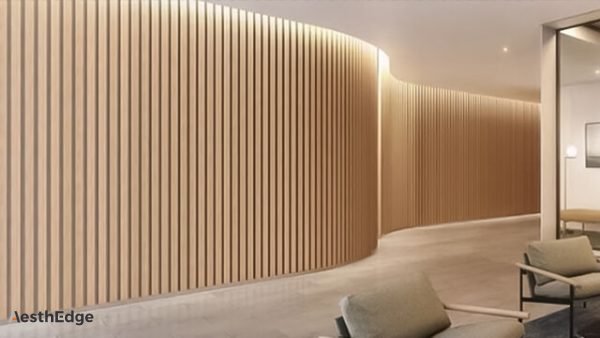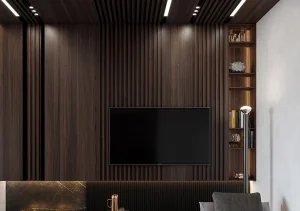In the global hospitality industry, one of the most important decisions every hotel investor, operator, or property owner must make is whether to renovate an existing hotel or build a completely new one. Both options involve significant cost, risk, and long-term strategic considerations. In markets such as the United States, Europe, the Middle East, Australia, and Southeast Asia, the competition in the hotel sector continues to intensify, making this decision even more critical for long-term profitability.
This comprehensive guide explores key differences, cost comparison, timelines, market positioning, sustainability factors, guest experience impact, and more. It aims to help hotel investors and developers determine which option — hotel renovation or new construction — best aligns with their financial goals and operational strategy.
Table of Contents
ToggleUnderstanding the Core Differences Between Hotel Renovation and New Construction
Before comparing costs or timelines, it is essential to understand the fundamental differences between the two options.
1.What Is Hotel Renovation?
Hotel renovation refers to upgrading or modifying an existing property to improve its appearance, functionality, or compliance with modern standards. Renovation may include:
- Guest room upgrades
- Lobby redesign
- Bathroom modernization
- FF&E replacement
- Updating HVAC, MEP, electrical systems
- Expanding or reconfiguring public areas
- Improving accessibility (ADA compliance)
- Adding new amenities such as gyms, spas, meeting rooms
Renovations can be classified into:
- Soft Renovation (Cosmetic) – painting, furniture upgrade, decoration changes
- Hard Renovation (Structural) – plumbing, electrical, layout changes
- Gut Renovation – complete overhaul of interior spaces
2.What Is Hotel New Construction?
New construction refers to building a hotel from the ground up. This typically involves:
- Land acquisition
- Architecture & engineering
- Structural construction
- MEP installation
- Full interior finishing
- Procurement of FF&E and OS&E
- Compliance approval and licensing
New construction is time-consuming but offers unmatched design flexibility and branding potential.
3.Key Functional Differences
| Aspect | Renovation | New Construction |
|---|---|---|
| Design Flexibility | Limited by existing structure | Unlimited, full customization |
| Project Duration | Faster | Longer |
| Cost Range | Lower to moderate | High |
| Operational Disruption | Possible (partial closures) | None (hotel opens after completion) |
| Sustainability | More sustainable; reusing structure | Higher carbon footprint |
| Branding & Positioning | Moderate improvement | Maximum impact |
Understanding these differences helps hotel investors evaluate their strategic direction.
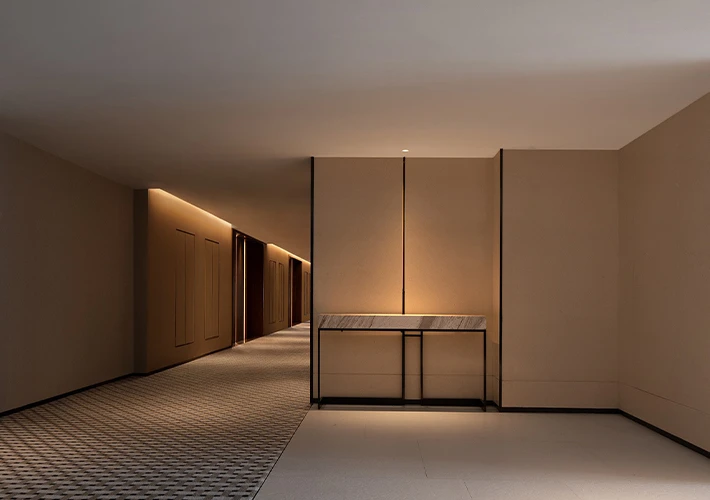
Cost Comparison: Renovation vs. New Hotel Construction
Cost is the most important factor for most hotel owners. The following estimates are based on global averages for mid-scale to upscale hotels in 2024–2025.
1.Cost of Hotel Renovation
The cost varies widely depending on project scope:
Soft renovation: USD $3,000 – $8,000 per room
Full guest room renovation: USD $10,000 – $25,000 per room
Public areas:
- Lobby: $80,000 – $300,000
- Restaurant: $120,000 – $450,000
- Spa/Gym: $60,000 – $350,000
Average per-room renovation budget (global):
➡ $12,000 – $40,000 per room
2.Cost of New Hotel Construction
Construction costs are significantly higher:
- Mid-scale hotel: $150,000 – $280,000 per room
- Upscale hotel: $250,000 – $450,000 per room
- Luxury hotel: $500,000 – $1,000,000+ per room
Major cost drivers include:
- Land price
- Building materials
- Labor cost
- Local regulations
- FF&E quality
- Architecture complexity
3.Long-Term Costs and ROI
Renovation typically has:
- Lower initial investment
- Faster ROI (1–5 years)
- Shorter downtime
New construction offers:
- Higher long-term valuation
- Potentially higher ADR and occupancy
- Strong brand positioning
4.Budget Predictability
Renovation projects are notoriously unpredictable due to:
- Hidden structural issues
- Unexpected MEP failures
- Code compliance updates
New construction has higher upfront cost but better cost predictability because everything is built new with a clear plan.
Project Timeline Comparison
1.Average Duration
| Project Type | Typical Duration |
|---|---|
| Soft Renovation | 1–4 months |
| Full Renovation | 6–18 months |
| New Construction | 18–36 months |
2.Renovation Timeline Factors
- Whether the hotel remains open during renovation
- Scope of work
- Permit delays
- Material procurement speed
- FF&E customization lead time
Working while guests are onsite often increases the project duration because work must be scheduled in phases.
3.New Construction Timeline Factors
- Land preparation
- Foundation work
- Structural framing
- MEP installation
- Interior finishing
New construction typically takes longer, but the timeline is more linear and predictable.
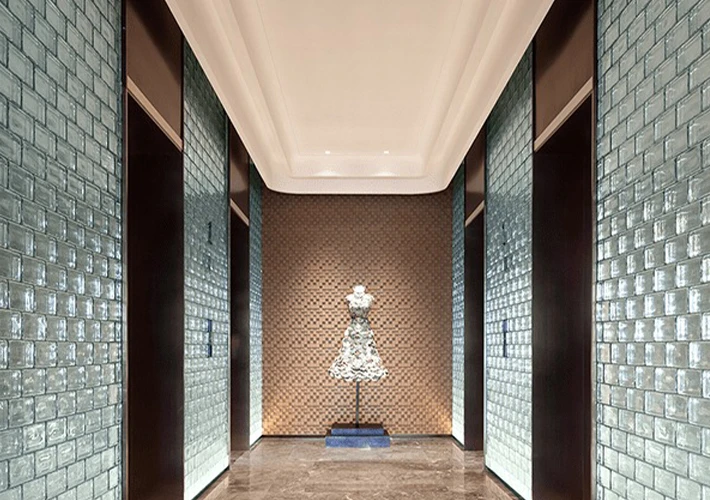
Market Benefits: When to Choose Renovation vs. New Construction
Choosing the right option depends on the hotel’s business strategy.
1.When Renovation Is the Best Choice
Renovation is ideal when:
- The location is already excellent (city center, coastal area)
- The property has strong historical or architectural value
- The market is competitive and quick upgrade is needed
- Budget constraints prevent new construction
- The structure is still strong and compliant
Renovation also helps keep loyal guests while improving the experience.
2.When New Construction Is the Better Choice
New construction is ideal when:
- The old property cannot meet modern standards
- The layout limits revenue opportunities
- A new brand design concept is required
- The land value justifies rebuilding
- Sustainability certifications (LEED, WELL) are needed
- You want a flagship hotel for brand image
3.Market Positioning Impact
Renovation:
- Improves competitiveness but may still feel like an older property
- Limited flexibility for modern layouts (e.g., open-concept lobbies, co-working spaces)
New Construction:
- Maximizes ADR (Average Daily Rate) potential
- Allows the hotel to target higher-end market segments
- Fully custom guest experience aligned with modern travel trends
Sustainability, Compliance & Long-Term Asset Value
1.Sustainability Considerations
Renovation is generally more sustainable because it:
- Uses fewer construction materials
- Produces less demolition waste
- Reduces carbon footprint
New construction, however, can incorporate:
- Solar power
- Smart energy systems
- High-efficiency HVAC
- Greener building envelopes
2.Compliance with Modern Regulations
Older hotels may struggle with:
- Fire safety
- Seismic codes
- Electrical standards
- Accessibility requirements
Renovation may require major structural interventions, while new construction can easily meet all modern regulations.
3.Long-Term Asset Value
New construction has:
- Higher resale value
- Stronger brand appeal
- Longer lifespan
Renovation increases value but to a lesser extent, particularly if the structure is old.
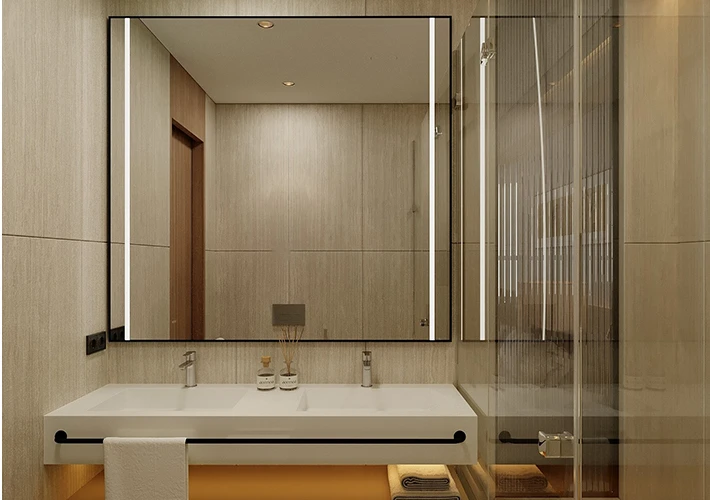
How to Decide: Renovation or New Construction? A Strategic Framework for Hotel Owners
To support better decision-making, here is a practical evaluation framework.
1.Assess Structural Condition
Ask:
Is the building structurally sound?
Are there major MEP issues?
Is the foundation stable?
If No, new construction is often the better choice.
2.Evaluate Market Demand
Consider:
- ADR trends
- Occupancy rates
- Local competition
- Investor expectations
If the goal is premium positioning, new construction is more effective.
3.Calculate ROI
Renovation:
Lower cost, faster return
New Construction:
Higher long-term value
4.Review Brand Strategy
- Renovation suits soft brand updates
- New construction suits full repositioning
5.Consider Guest Experience Goals
If your goal is:
- Faster improvement → Renovation
- Maximum transformation → New construction
6.Evaluate Operational Disruption
If your hotel cannot shut down for long, phased renovation may be required.
Conclusion: Renovation vs. New Construction — Which Is Better for Your Hotel?
Both strategies can be profitable depending on property condition, market positioning, budget, and long-term plans.
- Choose Renovation if you need a fast, cost-effective upgrade with minimal structural changes.
- Choose New Construction if you want to maximize brand image, create a future-proof asset, or fully reimagine the guest experience.
In today’s competitive hospitality market, strategic planning and efficient execution are essential.
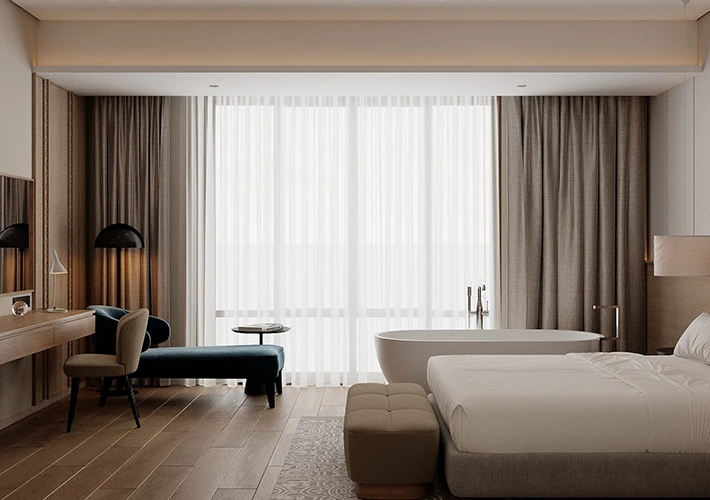
Need a Reliable Turnkey Hotel Renovation & FF&E Supplier?
We are a professional hotel FF&E / wall panel / decorative materials manufacturer and one-stop renovation supplier in China, offering:
- Hotel room furniture (casegoods & loose furniture)
- WPC / SPC / PVC wall panels
- Acoustic panels & slat wood panels
- Bathroom wall panels
- Lobby decorative materials
- Customized FF&E solutions
- Global shipment & export support
Whether you’re renovating an existing hotel or building a new property, we provide factory-direct pricing, premium materials, and professional engineering support.
📩 Contact us today to get a free project quote!

